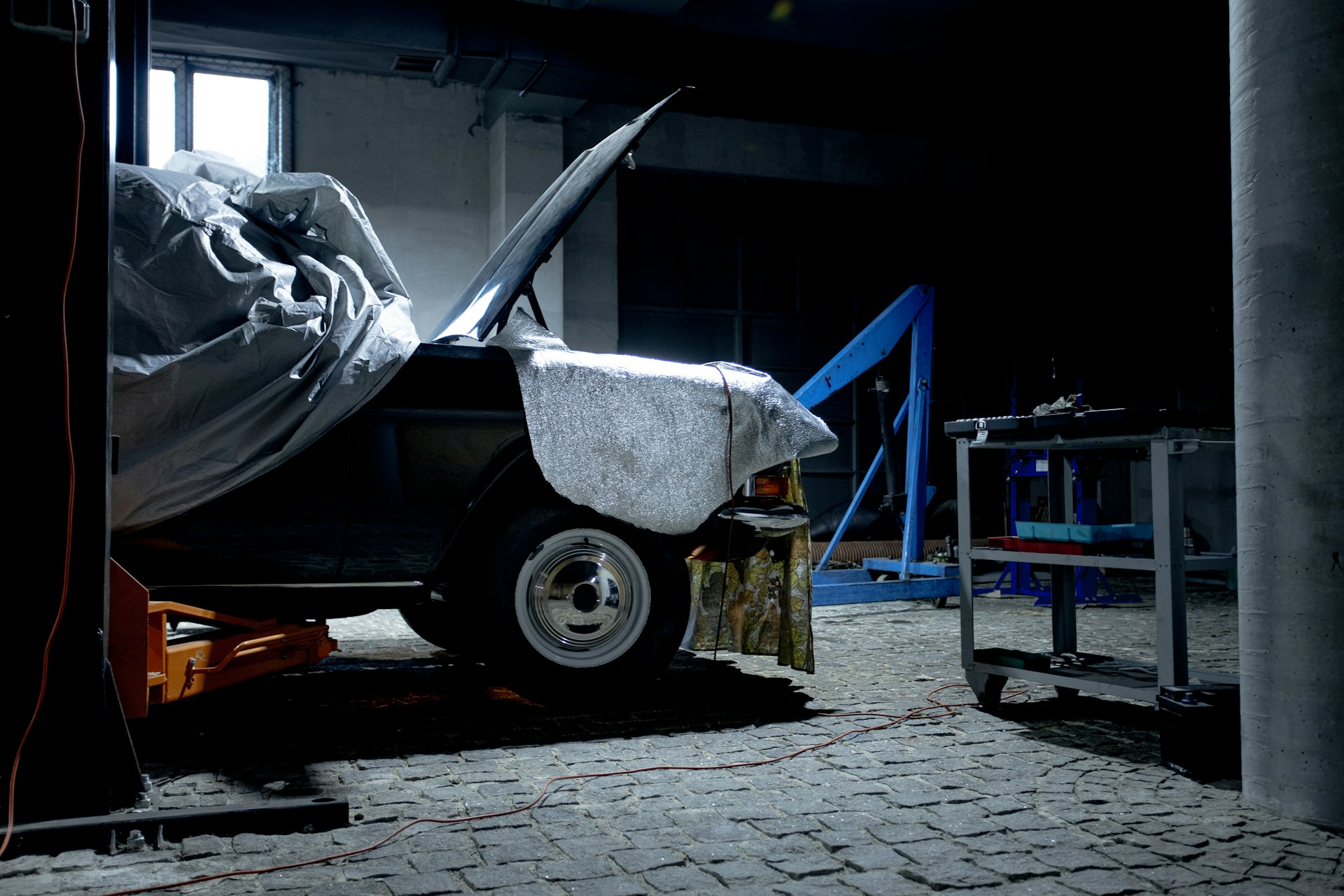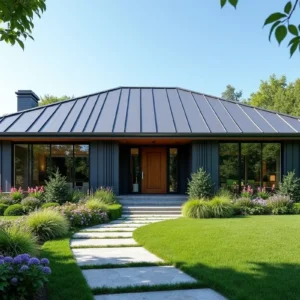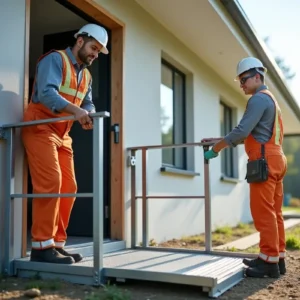Garages aren’t just for parking your car anymore. Whether you’ve turned yours into a workshop, a gym, or even a music studio, making sure it’s quiet and soundproofed can make a world of difference.
Imagine working on a project without bothering the neighbors, or finally having that perfect rehearsal space that doesn’t leave your household covering their ears. Soundproofing might seem like a mysterious world full of confusing terms, but don’t worry—I’m here to break it down for you.
Contents
Why Bother Soundproofing Your Garage?
Garages have a lot of potential, but they weren’t exactly built with acoustics in mind. They’re typically large, open spaces with concrete walls and floors, which means sound just loves to bounce around. Whether it’s the clanging of tools, the thumping of a workout, or a band jamming out, sound can travel in all directions, leading to disturbances both inside and outside your home.
Garage soundproofing isn’t just about keeping noise in (or out)—it’s about creating a space that works for your needs. If you want peace, privacy, and a professional-quality sound environment, soundproofing is the key.
Understanding the Basics of Acoustics
Let’s break down the science a bit. Sound travels in waves, and when it hits a surface, it can either be absorbed, reflected, or transmitted. Your goal in soundproofing is to control these sound waves by using materials and techniques that reduce noise transmission and minimize echo.
Here’s what you need to know:
- Soundproofing vs. Sound Absorption – These are two different things. Soundproofing is all about blocking sound from entering or leaving a space, while sound absorption deals with reducing echoes and improving sound quality within the space. Both are important, but depending on your needs, one may take priority over the other.
- Mass – The more mass a surface has, the harder it is for sound to pass through. That’s why adding layers of dense materials like drywall or mass-loaded vinyl can be effective.
- Damping – Damping materials help to reduce vibrations that cause noise. They absorb sound energy and turn it into heat. Specialized damping compounds, resilient channels, and acoustic sealants are your best friends here.
- Decoupling – Sound travels easily through connected surfaces. Decoupling involves creating a separation between surfaces so sound can’t pass through as easily. This is often done with double walls or floating floors.
- Sealing – Even the smallest gaps can let sound sneak through. Pay attention to door seals, windows, and other openings. Using acoustic caulk or weatherstripping can make a big difference.
Step-by-Step Guide to Soundproofing Your Garage
Ready to get started? Here’s how to approach soundproofing your garage in a way that makes sense, no matter your budget or DIY skill level.
1. Assess Your Space
Take a look at your garage and identify potential weak spots. The main culprits are usually the walls, ceiling, door, and any windows. Does your garage door let in a lot of noise? Are the walls thin? Maybe the floor has gaps? Knowing where the sound is coming from will help you target your efforts.
2. Start with the Walls and Ceiling
Your garage walls and ceiling are prime areas for soundproofing. If your walls are bare concrete or thin drywall, you’ve got some work to do. Consider:
- Adding drywall – Installing an additional layer of drywall can make a noticeable difference. For even better results, use soundproof drywall, which is thicker and designed to reduce sound transmission.
- Insulation – If your garage walls are uninsulated, adding insulation is a must. Fiberglass insulation is affordable and effective at both soundproofing and thermal insulation. Alternatively, rockwool insulation offers excellent sound absorption.
- Acoustic panels – If echoes are a problem, consider adding acoustic panels or foam. These materials don’t block sound, but they absorb it, reducing reverberation and improving sound clarity.
3. Address the Garage Door
Your garage door is often the weakest link in your soundproofing efforts. If it’s thin or has gaps around the edges, sound will flow freely through. Here’s what you can do:
- Insulated door – If your budget allows, upgrading to an insulated garage door can provide both noise reduction and better temperature control.
- Weatherstripping – Adding weatherstripping around the door’s edges can seal gaps and prevent noise from slipping through.
- Blankets or panels – Soundproofing blankets or panels can be hung on the inside of your door for an extra layer of sound protection.
4. Consider the Floor
Don’t forget the floor! Garage floors are often concrete, which reflects sound instead of absorbing it. You can soften this with:
- Rubber mats or interlocking tiles – These not only cushion your step but also absorb sound and vibrations.
- Carpeting – If your garage is more of a living or working space than a place to park, laying down carpet or rugs can reduce noise levels significantly.
5. Seal Windows and Gaps
Any openings in your garage, like windows or vents, are sound pathways. Use:
- Acoustic sealant – This flexible caulk-like material is designed to block sound and is perfect for sealing gaps around windows, doors, and other small openings.
- Window inserts – If replacing windows isn’t an option, window inserts can help block noise without a full remodel.
Finding the Right Materials
Not all soundproofing materials are created equal. When choosing your materials, think about the specific needs of your space. High-density materials work best for blocking sound, while softer materials are great for absorption. You’ll need a mix of both depending on what you’re trying to achieve.
To get the best results, it’s also a good idea to research the STC (Sound Transmission Class) rating of materials. The higher the STC rating, the better the material is at blocking sound. Aim for materials with high STC ratings for the areas that need soundproofing the most.
The Payoff: A Quieter, More Functional Space
Soundproofing your garage may take some effort, but the payoff is huge. Imagine a space where you can work, play, or relax without worrying about noise. You’ll enjoy a quieter home, happier neighbors, and a more versatile space that suits your needs. Whether you’re building a workshop, creating a home gym, or setting up a personal studio, soundproofing is the key to making your garage work for you.





